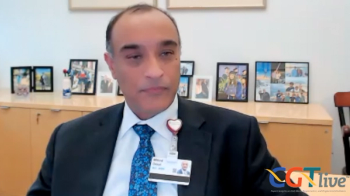
The director of the Center for Hypertrophic Cardiomyopathy at the Cleveland Clinic discussed TN-201, an investigational gene therapy for MYBPC3-associated HCM.

The director of the Center for Hypertrophic Cardiomyopathy at the Cleveland Clinic discussed TN-201, an investigational gene therapy for MYBPC3-associated HCM.

MSEL 5-mean domain, receptive language, and expressive language scores were significantly improved from baseline in treated participants.

Catch up on the latest news, breakthroughs, and announcements from biotechnology companies making advancements in cell and gene therapies.

Intellia Therapeutics plans to initiate the phase 3 trial of NTLA-2001 by the end of 2023.
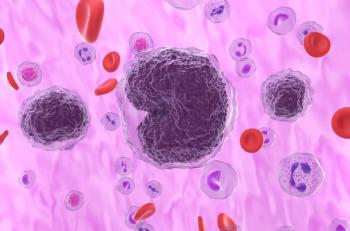
The full data readout from the phase 1/2 clinical trial is expected in the first quarter of 2024.
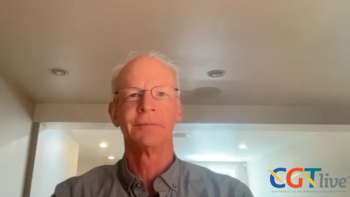
The director of the Center for Immunity and Immunotherapies at Seattle Children's Research Institute discussed findings from several preclinical studies that could help bring engineered B-cell therapies to clinical trials.

The company noted that there have been no dose-limiting toxicities so far among the 3 patients in the cohort.

Richard James, PhD, an associate professor at the University of Washington and a principal investigator at Seattle Children's Research Institute, discussed a potential alternative to T-cell therapy in cancer.
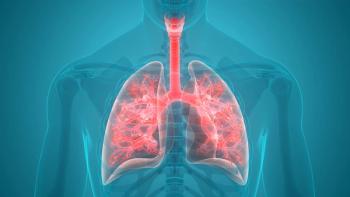
Biosyngen is also evaluating the CAR T-cell therapy BRG01 in a phase 1/2 trial for EBV-positive relapsed/metastatic nasopharyngeal carcinoma.

Among 15 tested patients, who received at least 2 IT injections of the MSC therapy, improvements of between 5% and 18% in 25 feet walking were observed.

MT-601, in contrast to CAR-T therapies, is not genetically engineered.
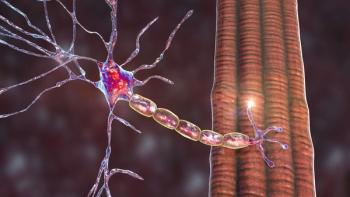
The FDA previously placed the trial on clinical hold for undisclosed reasons.

Review top news and interview highlights from the week ending October 13, 2023.

The mechanism for weight loss was attributed to reduced food intake observed in both treatment groups.

The chief research officer of the Muscular Dystrophy Association discussed research needs that remain in the field in light of recent progress and approvals.
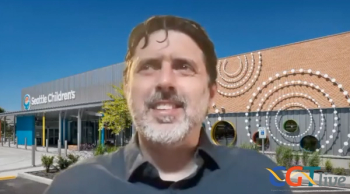
The associate professor at the University of Washington, and principal investigator at Seattle Children's Research Institute discussed results from a leukemia mouse model.
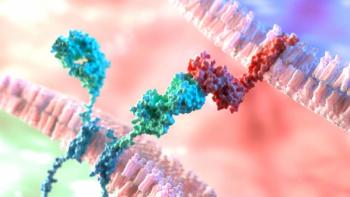
Kyverna is planning to conduct a phase 1/2 clinical trial (KYSA-5; NCT identifier pending) in patients with scleroderma.

The company aims to assess CardiAMP in patients with NT-proBNP over 500 pg/ml at baseline with a modified composite efficacy endpoint.

Catch up on the latest news, breakthroughs, and announcements from biotechnology companies making advancements in cell and gene therapies.

A NEWDIGS analysis compared clinical trial success rates from 1988 to 2020.
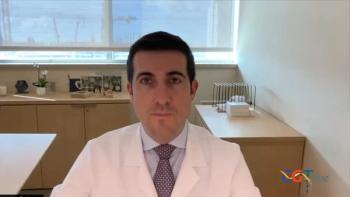
The associate professor of clinical ophthalmology at University of Miami discussed his experience using the gene therapy in a compassionate use program.

The open-label, multicenter, ascending dose trial is expected to treat approximately 9 patients in total across 2 dose cohorts.
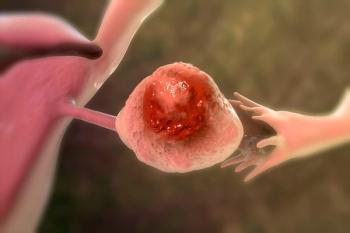
AVB-001 is currently being evaluated in a phase 1/2 clinical trial (NCT05538624) that was initiated in January 2023.
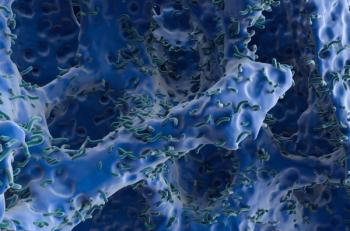
Fiona Freeman, PhD, assistant professor, University College Dublin, discussed her research into microRNA-29b in suppressing tumor growth and promoting bone remodeling in mice models.

Deborah Phippard, PhD, the chief scientific officer of Precision for Medicine, discussed what may be next for the field of gene therapy after early successes in single-mutation disorders.
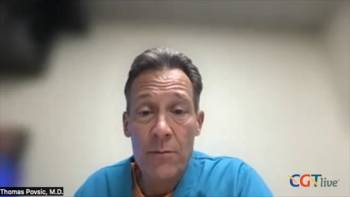
The interventional cardiologist and professor, Duke University School of Medicine, discussed other populations that may benefit from XC001 and the challenges and opportunities with a surgical delivery of treatment.
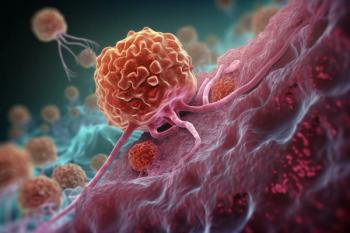
In September 2023, LEU011 was granted an Innovation Passport for the treatment of solid tumors expressing NKG2D ligands.

Deborah Phippard, PhD, the chief scientific officer of Precision for Medicine, discussed the unique aspects of clinical trials for gene therapies that need to be considered before initiation.

Review top news and interview highlights from the week ending October 6, 2023.

The AFFINITY trial is set to dose patients at dose level 2 by the end of 2023.